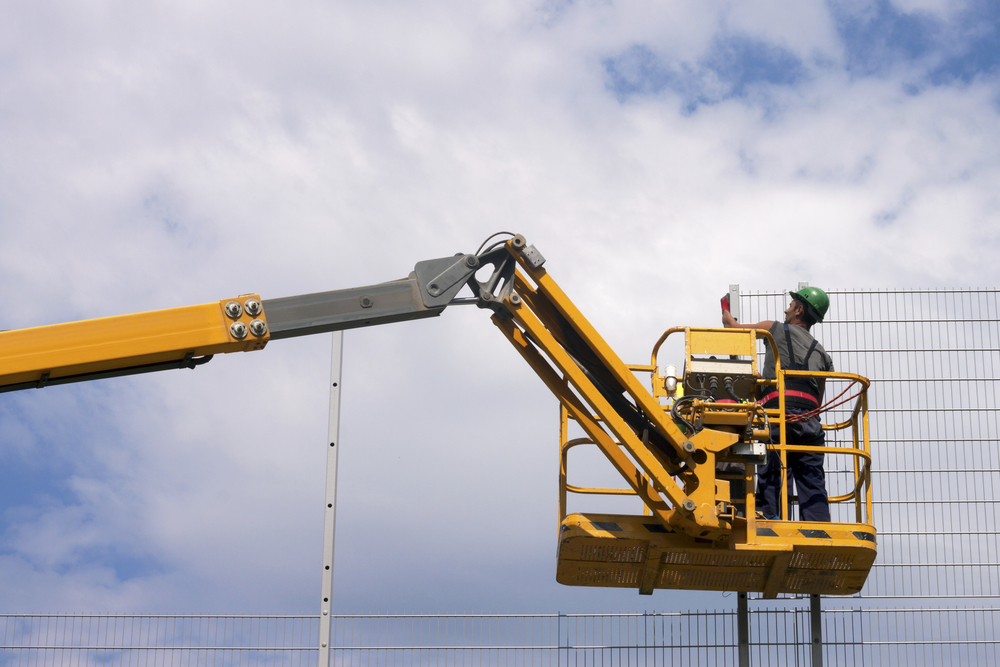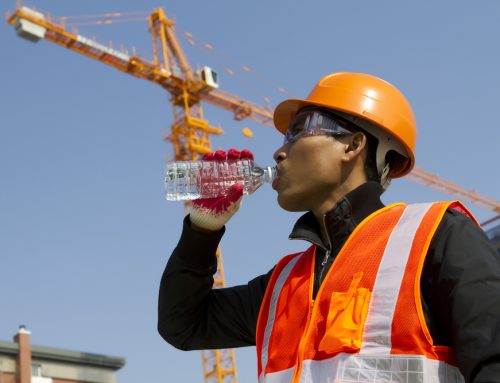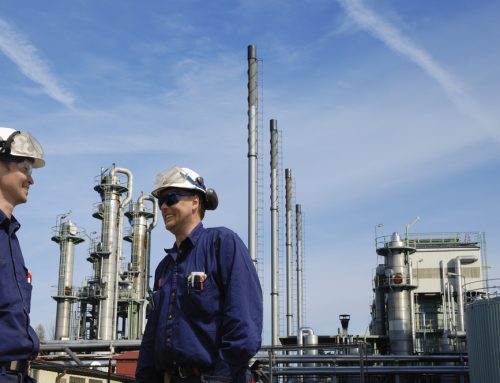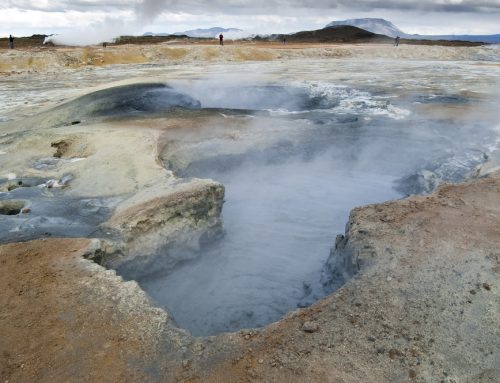When it comes to working in an industrial environment, there are different certifications you’ll need ranging from safety training to learning how to use various types of equipment. An elevated work platform (EWP) can be used in relatively any industry ranging from warehouse work to chemical plant operations. In order to be able to operate an EWP, you’re going to need to go through training to receive a certification. Below are the things that you should prepare for before signing up for the course ranging from required safety equipment to what is included in the curriculum.
Description of the Course
In comparison to other types of certifications that you can receive, such as a Pipefitter’s license, an elevated work platform course is only eight hours in length, meaning that it’s something you can acquire within a single day. During the course you will learn all about how to operate, care for, and maintain the equipment that you will be using. Your instructor will rely on PowerPoint presentations, exercises within the class, and hands-on inspections to help you familiarize yourself with an elevated work platform. Students will also learn how to safely operate the machinery and complete a written test at the end of the course. It will begin at 8 AM and in the event that you are late, you will be asked to reschedule your course. Once the written test has been completed and passed, your certificate, endorsed by Fusion Safety Ltd., will last for 3 years.
What is Covered?
There are several different elements that you’ll cover during your eight hour class. First, students will learn about the responsibilities of workers and employers as well as the standards associated with operating an EWP. You’ll also learn how to pre-check the equipment and visually inspect the machinery so you can know that it’s safe to operate. The load limitations, learning how to calculate your load, and understanding the stability of the machinery will also be covered. You can expect to go over a variety of safety concerns including: working at heights, how to safely operate an EWP, training requirements, required PPE (personal protective equipment), escape planning, and how to evaluate potential hazards.
Prerequisites
Before you even begin the course there will be certain items you’re going to need, particularly personal protective equipment. All students will be required to have a fall protecting training certificate, hardhat, work boots, gloves, and safety glasses.
Metalcare is the leading provider of the OSSA Elevated Work Platform course for workers in Fort McMurray, Alberta. Contact us now to sign up for an upcoming OSSA EWP safety course!





